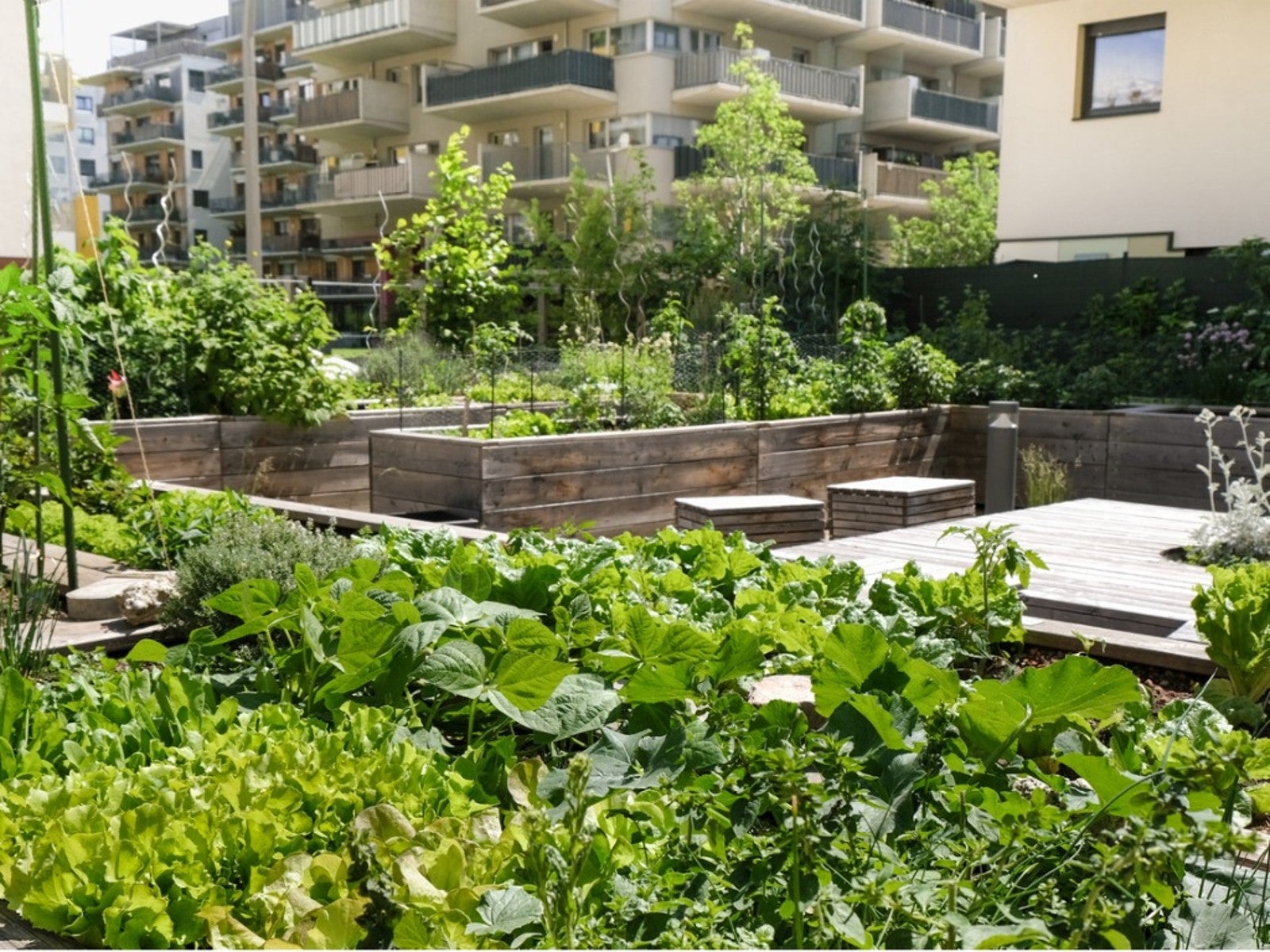Plants That Fight Crime: How Community Gardens Lower Crime Rates


Sign up for the Gardening Know How newsletter today and receive a free copy of our e-book "How to Grow Delicious Tomatoes".
You are now subscribed
Your newsletter sign-up was successful
The benefits of community gardens are hard to overstate. These green spaces, often in the midst of an urban landscape, are a boon to individuals and the community as a whole. One of the most surprising benefits is a significant and measurable reduction in crime.
The Importance of Urban Gardening
An urban garden is a space that community members use to grow plants, often food. Community and urban garden benefits are numerous. These spaces are important for several reasons:
- They bring community members together, promoting social interactions and ties.
- They provide nutrition in areas of food insecurity.
- Urban gardens beautify and renovate otherwise abandoned, overgrown, or even dangerous spaces.
- They improve the local ecosystem and environment, even encouraging wildlife.
- Community gardens are educational spaces, for both children and adults.
- They give community members a sense of pride in the spaces they share.
- Gardening and green spaces improve mental health.
- Working in a community garden increases physical activity.
- Both physical activity and the access to fresh produce improve physical health in community members.
- Urban gardens and green spaces lower crime rates in the surrounding area.
- Community gardens often inspire contributors to advocate for even more improvements in their neighborhoods.
How Community Gardening Lowers Crime Rates
Numerous studies have shown that creating more green space, including community gardens in urban areas, reduces crime. Specifically, they reduce violent crimes and gun violence. The reasons are not always clear, but include creating a sense of community, improving the health of individuals, and renovating abandoned areas.
Urban Gardening Reduces Vacant Lots
Most community gardens crop up in areas previously abandoned, reducing the number of untended, vacant lots in a city. Vacant lots are more than just an eyesore -- they also tend to increase crime. By renovating these spaces, urban gardeners help reduce violence and crime rates.
Vacant land in cities accounts for about 15% of space. These overgrown spaces harbor crime by becoming dumping grounds, areas to use and sell drugs, and escape routes for criminals fleeing the police.
A study in Philadelphia put the renovation of abandoned spaces to the test. Researchers found that creating park spaces or even just cleaning up vacant lots reduced crime in the area by 10%. Crime dropped even further in neighborhoods with residents living below the poverty level. Gun violence dropped by 30%.
Community Gardening Engages Residents
Any effort to clean up vacant lots has a positive impact on crime and safety. However, another study found that results were even better when residents were enlisted to help do the maintenance.
Sign up for the Gardening Know How newsletter today and receive a free copy of our e-book "How to Grow Delicious Tomatoes".
A study in Youngstown, Ohio, found that violent crimes dropped by about one per square mile when professionals performed vacant lot maintenance. When residents contributed to the work, violent crimes dropped by more than two per square mile.
Green Spaces Improve Social Ties
Reducing abandoned spaces is important, but there are other reasons that gardens and other green spaces reduce crime. An important one is that these spaces promote interactions between community members.
Young people have places to play and adults can interact and boost social ties with each other and to the community as a whole. The spaces bring people together into a more cohesive community that they can be proud of.
Urban Gardens Improve Health
Individual impacts of urban gardens include improvements in the physical and mental health of those who participate. Feeling better physically and enjoying relief from stress, anxiety, and depression can reduce violent acts.
While researchers are still determining exactly why community gardens reduce violence and crime, the fact remains that they do. In addition to all the other benefits of urban gardens, this is reason enough to consider starting one or getting involved.
Friends of our at Gardening Know How have seen the healing effects of community gardens first-hand. Check out our Community Gardening for Everyone interview series to hear about Richey Elementary School, where being asked to work in the garden he vandalized changed one young man's life forever.

Mary Ellen Ellis has been gardening for over 20 years. With degrees in Chemistry and Biology, Mary Ellen's specialties are flowers, native plants, and herbs.